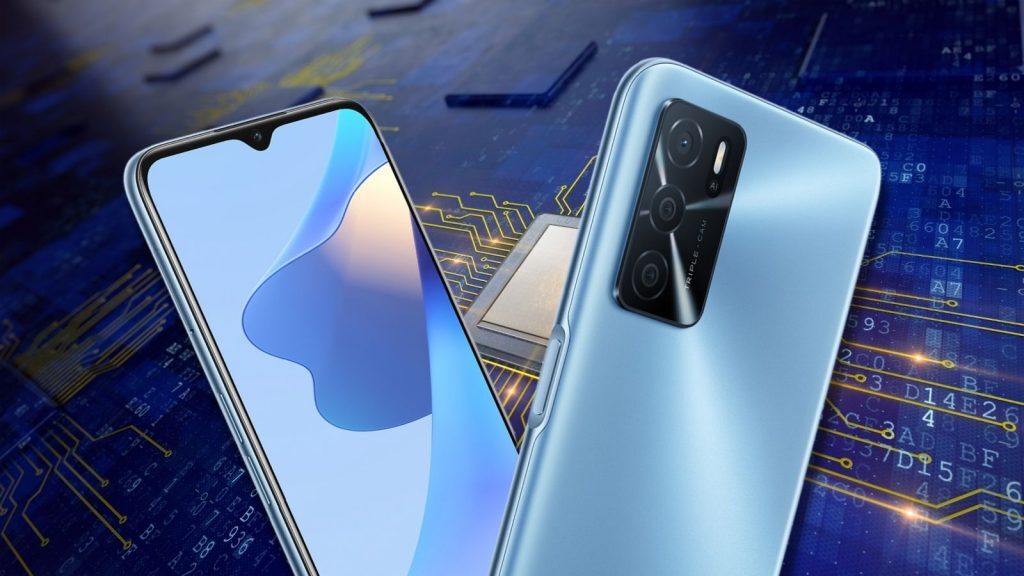Oppo might be relatively new in South Africa, and we still don’t have access to the company’s high-end smartphones, but it’s just possible that the devices may become even more affordable than they are right now. A new report claims that the Chinese tech-maker is investigating making its own smartphone chips, joining the likes of Apple, Huawei, and Samsung in making more of its own hardware.
Taking the Oppo-tunity
A report out to Nikkei claims that the company is developing its own high-end smartphone processors, “…in a bid to gain control over core components and reduce its reliance on foreign semiconductor suppliers.” Two sources told the publication that, depending on the pace of development, Oppo hopes to bring out its own chips sometime in 2023 or 2024.
More tech companies are bringing processor manufacturing in-house. Apple increasingly is offloading its reliance on Intel chipsets, Samsung’s got its Exynos lineup, Huawei has its Kirin lineup when the company can source the components needed to create them. Google unveiled its first Tensor chips last night at its Pixel 6 presentation. Even Xiaomi is working on its own range of chipsets, so the move isn’t especially unusual.
Related: MultiChoice delays DStv Streama, thanks to the global chip shortage
Oppo is considering using the 3nm processors developed by the Taiwan Semiconductor Manufacturing Co. (TSMC) for its chipsets. The move would allow the company to shorten its supply chain, and would also give them some flexibility when it comes to circumventing issues we’ve seen with the ongoing chip shortage. It would also conceivably result in the company’s high-end devices getting a little cheaper.
Right now, Oppo makes use of chips mainly from Qualcomm and MediaTek, companies that supply most Chinese brands with their processor hardware. If Oppo and Xiaomi make significant progress with their own processor development, it’s likely that Qualcomm’s fortunes in particular will take a bit of a knock. Oppo is fairly close with competing brands like Realme, Vivo and OnePlus, meaning they might look favourably on hardware coming from that quarter.
Source: Nikkei Asia




